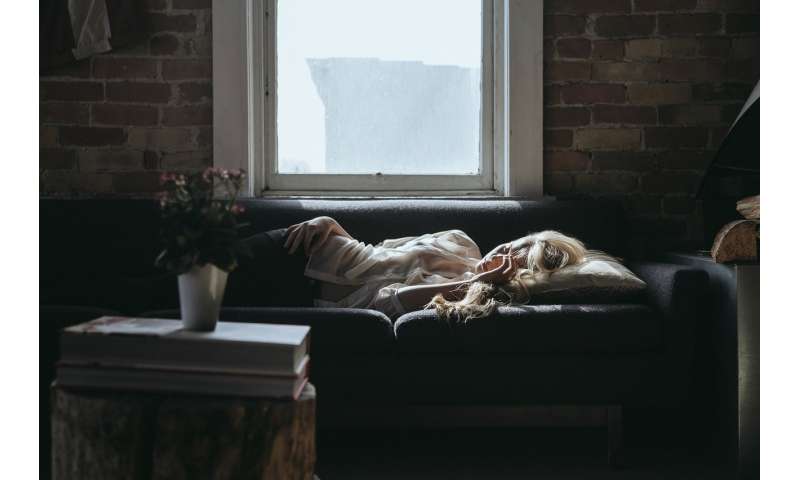
New research investigating the effect of sleep on eyewitness memory has found that having a period of sleep, compared to a period of wake, does not improve eyewitness identification accuracy.
The research team, led by Ph.D. student, David Morgan at Royal Holloway, University of London, Professor Laura Mickes, senior author at the University of Bristol and including researchers from Royal Holloway, the Universities of California, USA and Birmingham, and funded by the Economic and Social Research Council (ESRC) is published today [4 December] in Royal Society Open Science.
Sleep has long thought to be involved in strengthening memories. Yet there is very little research on whether this is the case for eyewitness memory, such as when an eyewitness is asked to try to pick the perpetrator out of a line-up that includes the police suspect (who is either guilty or innocent) and other known-to-be innocent people.
The researchers conducted a large-scale online experiment on 4,000 participants to measure the impact of sleep on eyewitness identification accuracy on experimental eyewitnesses.
In the experiment, 2,000 participants watched a video of a mock crime, either slept (overnight) or remained awake (during the day) and were then tested on their memory for the perpetrator in the video on a line-up.
The research team also collected data from 2,000 control participants as a control for time of day confounds. Unlike the experimental participants who had 12 hours between the video and the line-up test, these participants were tested right after watching the video. While their ability to distinguish between innocent and guilty suspects was better than the participants in the experimental groups, the groups were just as reliable. That is, regardless if memory was tested 12 hours after first exposure, if a suspect was identified with high confidence, they were highly accurate.
Professor Laura Mickes in the School of Psychological Science, senior and corresponding author of the study, said: “Based on prior work that sleep improves memory, we predicted that it would in this case too. It did not. There was no difference in memory performance between the sleep and wake groups.
“There are two major implications from our research: sleep does not benefit eyewitness identification, nor does it impact reliability. The fact that reliability is not impacted by various factors—sleep vs. wake; short vs. long retention intervals—is in line with a growing body of evidence that eyewitness reliability holds across a host of factors.
“Our research suggests police should collect expressions of confidence in the initial identification because these are predictive of accuracy regardless if there was a delay between witnessing the event or not or if sleep took place. Additionally, the Crown Prosecution Service (CPS) should make use of this information in legal proceedings.”
Three important findings from the research include:
- There was no benefit of sleep on eyewitness identification accuracy. Participants who slept were just as likely as participants who remained awake to be able to distinguish innocent from guilty suspects.
- There were no differences between sleep and wake groups on eyewitness reliability. If a suspect was identified with high confidence, they were likely to be the guilty, not innocent, suspect, regardless if participants slept or not.
- The sleep and wake groups were the experimental groups. Participants in these groups had a 12-hour interval between witnessing the mock crime and taking the line-up test. There were also AM and PM controls; the control groups. Participants in these groups had only a five-minute interval between witnessing the mock crime and taking the line-up test. Despite this difference, there were no differences in reliability between the experimental and control groups: If a suspect was identified with high confidence, they were likely to be accurate and if a suspect was identified with low confidence, they were less likely to be accurate.
Source: Read Full Article
